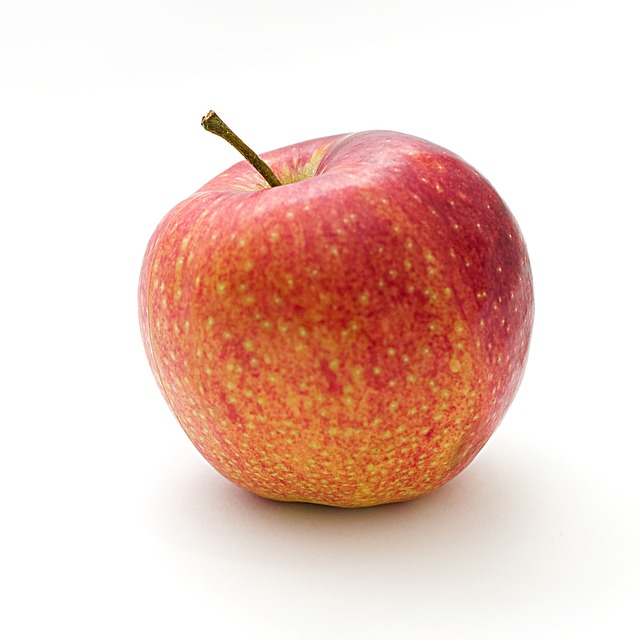The Pros and Cons of Probiotics: Everything You Need to Know
Probiotics are live microorganisms that are beneficial to human health. They are found in fermented foods such as yogurt, kefir, kimchi, sauerkraut, and kombucha. Probiotic supplements are also available in capsules, tablets, and powders. While probiotics have gained popularity in recent years, there are both pros and cons to taking them.
The Pros of Probiotics
Probiotics have been shown to have a number of health benefits:
- Improved Digestion: Probiotics can help to balance the bacteria in your gut and improve digestion. They can reduce symptoms of diarrhea, irritable bowel syndrome, and inflammatory bowel disease.
- Boosted Immune System: The bacteria in your gut play a critical role in your immune system. Probiotics have been shown to boost the immune system, reducing the risk of infections and enhancing recovery from illnesses.
- Better Mental Health: Research has found that the gut and the brain are interconnected. Probiotics can affect the gut-brain axis, resulting in improved mental health, reduced anxiety and depression, and better stress management.
- Reduced Risk of Allergies and Eczema: Studies have shown that infants who are given probiotics are less likely to develop allergies and eczema later in life. They can also reduce symptoms of hay fever and allergy-related asthma.
The Cons of Probiotics
While probiotics have many benefits, there are also some potential downsides:
- Side Effects: Some people may experience digestive issues such as gas, bloating, and diarrhea when taking probiotics. These side effects are usually mild and go away on their own, but in rare cases, they can be more severe.
- Not All Probiotics are Created Equal: There are many different strains of probiotics, and each strain has a different effect on the body. Some strains may be more beneficial than others, and not all strains are effective for all people.
- Probiotics are not a Cure-All: While probiotics have many potential benefits, they are not a cure-all. They cannot replace a healthy diet and lifestyle, and they should not be used as a substitute for medical treatment for serious health conditions.
How to Choose a Probiotic
When choosing a probiotic supplement, there are several factors to consider:
- Strain: Look for a probiotic that contains a strain that has been shown to be effective for your specific health concern.
- CFUs: CFUs (colony-forming units) refer to the number of live bacteria in the probiotic supplement. Look for a product with a high CFU count to ensure that the bacteria will survive the journey through your digestive system.
- Refrigeration: Some types of probiotics require refrigeration to maintain their potency. Make sure to follow the manufacturer’s instructions for storing and using the product.
The Bottom Line
Probiotics have many potential health benefits, but they are not a cure-all, and there are potential downsides to taking them. When choosing a probiotic supplement, it is important to consider the strain, CFU count, and storage requirements. As with any supplement, it is important to talk to your doctor before starting a probiotic regimen.







